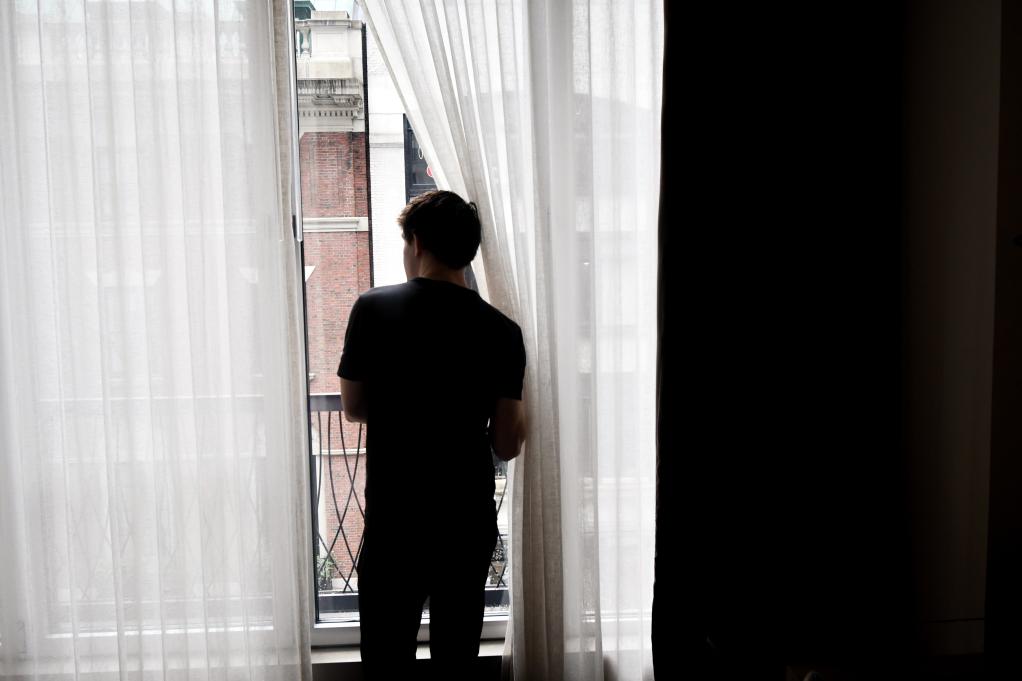
Three years ago, COVID-19 knocked on our collective doors, and many people still feel its effects today.
But besides the numerous health implications, there's been a lesser-known problem caused by the pandemic. Loneliness increased all around the world. And unfortunately, no vaccine can fix that.
London is one of the loneliest cities in the world. More than 8 million people live alone in the UK and 45% of English residents feel lonely occasionally, sometimes, or often.
Young people are affected by this too, with almost 1 out of 14 people aged 16 or over stating they are lonely.
The problem is most likely worse than we know, considering that 36% of the population is too embarrassed to admit to feeling lonely during the holidays.
Repercussions of Social Isolation
Loneliness has led to the creation of odd online trends, such as mukbangs, which are online eating broadcasts that some viewers watch to feel less lonely. However, loneliness can also cause life-threatening health problems.
Our bodies perceive being alone as a threat, like an inflammation.
This goes all the way back to when being part of a large group was essential. Simple acts like sharing food and building social networks helped our ancestors survive against their harsh environment.
And while we don't have to worry about prehistoric beasts tearing us to shreds anymore, being alone is still detrimental to our health. It causes as much damage to the body as smoking and drinking and it's worse than being obese.
If you suffer from loneliness you are 29% and 32% more likely to develop coronary heart disease and stroke, respectively. And 64% more likely to develop dementia.
Is There a Way Out?
The origins of the problem are rooted in our need for acceptance, care and support from our environment.
One solution could be the creation of opportunities and incentives for people to meet and spend time together toward a common goal.
A glowing example is Rwanda's Umuganda.
It means "coming together in common purpose to achieve an outcome."
On the last Saturday of every month, from 8 am to 11 am, all citizens aged between 18 and 65 participate in a variety of public work, including building city infrastructure, trimming bushes, cleaning streets, parks, and common areas together.
This not only strengthened social cohesion but also led Kigali, Rwanda’s capital, to be regarded as one of the cleanest cities in Africa.
Loneliness is a scourge. We live in a cold society that, if left on its devices, will strip us down to the bone. It's up to us to make a difference and band together against loneliness and create a more compassionate and affectionate world.
Support Young Creators Like This One!
VoiceBox is a platform built to help young creators thrive. We believe that sharing thoughtful, high-quality content deserves pay even if your audience isn’t 100,000 strong.
But here's the thing: while you enjoy free content, our young contributors from all over the world are fairly compensated for their work. To keep this up, we need your help.
Will you join our community of supporters?
Your donation, no matter the size, makes a real difference. It allows us to:
- Compensate young creators for their work
- Maintain a safe, ad-free environment
- Continue providing high-quality, free content, including research reports and insights into youth issues
- Highlight youth voices and unique perspectives from cultures around the world
Your generosity fuels our mission! By supporting VoiceBox, you are directly supporting young people and showing that you value what they have to say.





